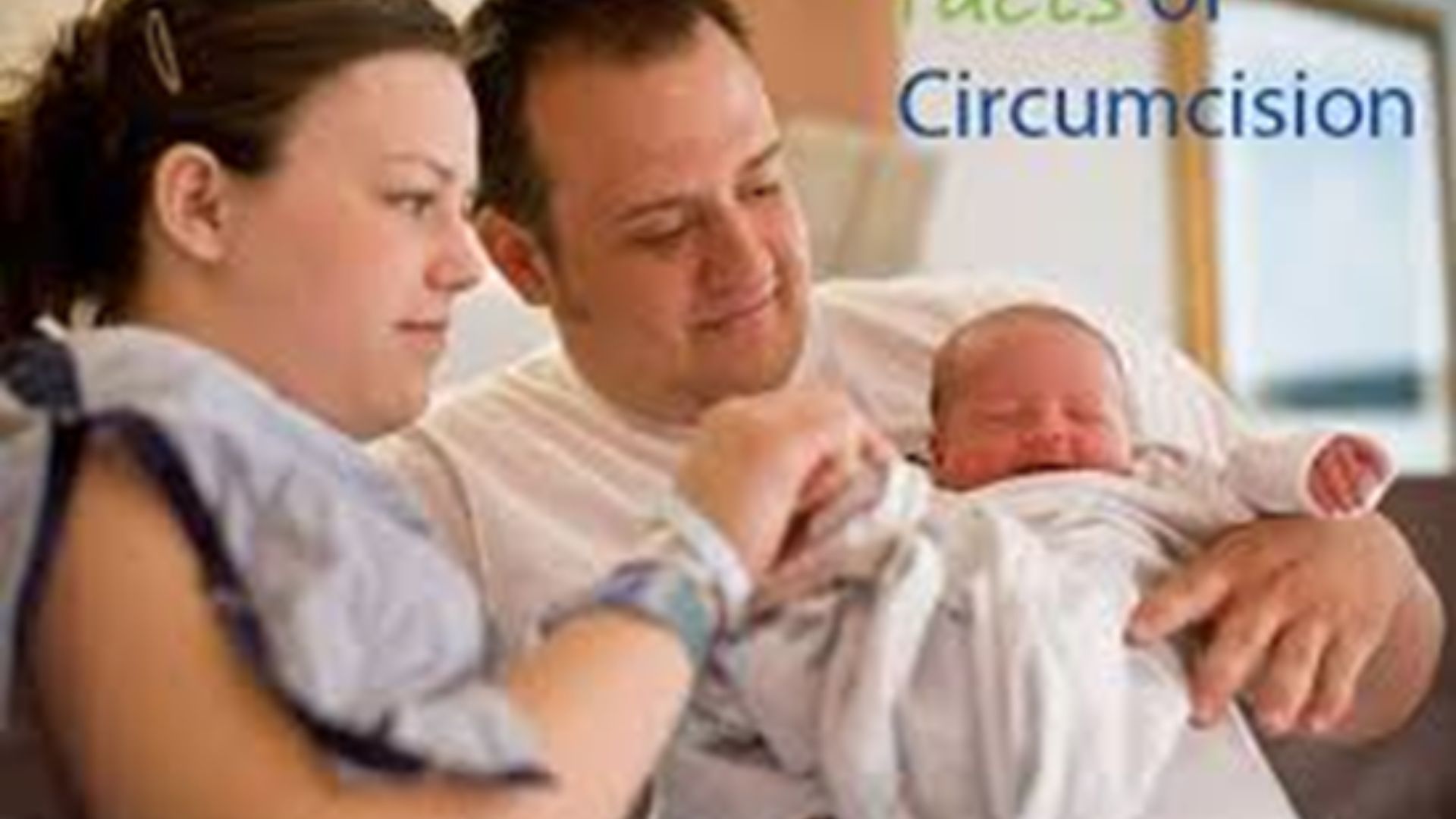Parents of male infants are concerned about whether their baby should get circumcised or not. Circumcision is a surgical process of removing the skin flap, also known as the foreskin that covers the tip of a boy’s penis. Due to cultural, religious, and medical reasons, it is a common practice for boys born in many regions of the world.
Usually, male circumcision is performed within a week after his birth. Adults and old age men can also get circumcised. Some parents do not get their baby circumcised due to the pain or possible risks attached to it. However, the circumcision benefits outweigh its risks. By consulting professional surgeons, you can make the process safe and efficient for your newborns.
Circumcision Process
Men have skin that covers the end of the penis at birth time. The foreskin is partially removed during circumcision to reveal the penis tip (glans) used for urinating. Routine circumcisions occur in the hospital after a few days of childbirth.
Circumcision is a simple surgical procedure that requires a few minutes from a skilled doctor. Your doctor will administer local anesthetic after a discussion with you to lessen the pain the baby feels during the process.
Should My Baby be Circumcised? Benefits of Circumcision
Circumcision has been shown to lower the risk of UTIs in a baby’s first year by reducing bacterial production under the foreskin. According to a 2012 meta-analysis of circumcision data spanning 30 years, uncircumcised boys have a nearly 10-fold higher risk of developing a UTI in their first year of life than circumcised boys.
Although it is not enough evidence to advocate circumcision for all boys based simply on that rationale, research suggests that circumcision may, over the long run, help limit the transmission of sexually transmitted infections (STIs).
Circumcision can make hygiene easier. While it is incorrect that uncircumcised males have dirty penises, they need to practice different hygiene than circumcised boys to avoid infections, inflammation, and the resulting scar tissue.
Risks of Circumcision
Circumcision involves some risks and complications, like all surgical procedures. However, young babies have a reduced risk of complications than adults. The procedure should be carried out by a skilled and experienced professional utilizing a sterile technique to minimize the hazards. Circumcision risks are as follows!
Bleeding in the form of small droplets
- Mild infection
- Forming of scar tissue
- More or less skin removed than required
How to Prevent Infection in Newborns After Circumcision?
fter circumcision, It is crucial to maintain the cleanliness of the area as clean to prevent infections. Do not use baby wipes; instead, gently clean with warm water. If necessary, soapy water can be used. The doctor may advise only sponge washes until the wound is healed.
If there is a bandage on the incision, you must change it every time with a diaper for the first few days. Put a dab of petroleum jelly on the penis or the front of the diaper, even after the dressing is no longer required until the penis is healed. This will keep the area moisturized and smooth while preventing it from rubbing against the diaper.
How long does circumcision take to heal?
A circumcised penis typically needs 7 to 10 days to heal. At first, the tip could seem a little bloated and red, and you might see a little blood on the diaper. After a few days, you could also detect a faintly yellow discharge or crust. This is a typical aspect of healing. However, if circumcision is done by using a plastibell, a type of plastic ring, it should be left to fall off naturally. Normally, this takes five to ten days.
Making a Decision of Circumcision for your Newborn
Circumcision as an infant helps your child avoid many problems later in life. You and your family can decide whether to have your baby circumcised or not. You must weigh the advantages and disadvantages of circumcision before making any decision. Hence, your choice could be influenced by elements including your culture, religion, and personal preferences. Talk to your doctor about the advantages, disadvantages and possible risks. This will help you to make an informed decision.
For safe circumcision of your newborn with low risks, it is essential to choose professional surgeons or doctors who have specialized in this practice. Circumcision Pro is the best choice in this regard, where experienced and skilled surgeons perform this task efficiently using the latest techniques and equipment under professional care. The clinic provides circumcision services for newborns, old age and teenage boys without risk.
